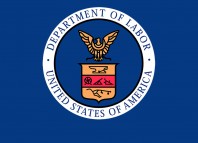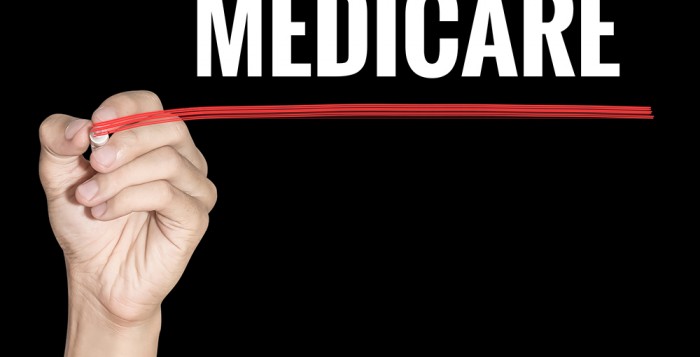The Centers for Medicare and Medicaid Services (CMS) recently approved five new employment-related services in the Office of Long-Term Living’s (OLTLs) CommCare and Independence waivers. The services offer providers an opportunity to expand their profiles, particularly those who have been providing prevocational services and supported employment. Listed below are the new services, their credentialing and certification requirements, and rates that will be paid for the services.
- Benefits Counselors must hold a Certified Work Incentives Counselor (CWIC) certification that is accepted by the Social Security Administration for its Work Incentives Planning and Assistance program. To learn more about CWIC, visit this web page.
- Employment Skills Development (replaces Prevocational Services), Job Coaching (replaces Supported Employment), Job Finding, and Career Assessment workers must hold one of the following:
- A Certified Employment Support Professional (CESP) credential from the Association of People Supporting Employment First (APSE); and
- A Basic Employment Services Certificate of Achievement or Professional Certificate of Achievement in Employment Services from an Association of Community Rehabilitation Educators (ACRE) organizational member that has ACRE-approved training. Individuals without one of these certifications must be supervised by an individual holding the above certification until certification is achieved. Certification must be achieved within 18 months of employment.
Information on APSE credentialing can be found here.
Information on how to receive a certificate of achievement from ACRE can be found here.
(NOTE: Employment Skills Development services that are provided in vocational rehabilitation facilities that fall under 55 PA Code Chapter 2390 are not required to have the above credential or certification. Employment Skills Development services provided in the community do require the above credential or certification.)
A complete description of these services and provider qualifications can be found in the CommCare and Independence waivers here.
NOTE: OLTL has scheduled a webinar on Friday, November 18, 2016 at 1:00 pm to review and discuss these new services. Registration is required to participate.
Listed below are the rates for the new employment services:
|
|
|
|
|
|
|
|
|
|
|
| Service |
PT/Spec |
CC |
IW |
Procedure Code |
Modifier |
Region 1 |
Region 2 |
Region 3 |
Region 4 |
Unit |
| Benefits Counseling |
59/502 |
X |
X |
W1740 |
|
$9.78 |
$10.21 |
$10.54 |
10.87 |
15 mins |
| Career Assessment |
59/503 |
X |
X |
W1732 |
|
$11.12 |
$12.12 |
$12.39 |
12.67 |
15 mins |
| Employment Skills Development (1:1) |
59/505 |
X |
X |
W1728 |
|
$9.44 |
$11.22 |
$10.07 |
10.12 |
15 mins |
| Employment Skills Development (1:2 to 1:3) |
59/505 |
X |
X |
W1729 |
|
$3.77 |
$4.49 |
$4.03 |
4.05 |
15 mins |
| Employment Skills Development (1:15) |
59/505 |
X |
X |
W1741 |
|
$6.29 |
$6.50 |
$6.96 |
6.54 |
15 mins |
| Job Coaching 1:1 (Follow-Along) |
59/504 |
X |
X |
W1733 |
U5 |
$9.78 |
$10.21 |
$10.54 |
10.87 |
15 mins |
| Job Coaching 1:2 to 1:4 (Follow-Along) |
59/504 |
X |
X |
W1734 |
U5 |
$3.26 |
$3.40 |
$3.51 |
3.62 |
15 mins |
| Job Coaching 1:1 (Intensive) |
59/504 |
X |
X |
W1733 |
U4 |
$9.78 |
$10.21 |
$10.54 |
10.87 |
15 mins |
| Job Coaching 1:2 to 1:4 (Intensive) |
59/504 |
X |
X |
W1734 |
U4 |
$3.26 |
$3.40 |
$3.51 |
3.62 |
15 mins |
| Job Finding |
59/530 |
X |
X |
W1735 |
|
$11.15 |
$12.11 |
$11.98 |
12.34 |
15 mins |


















